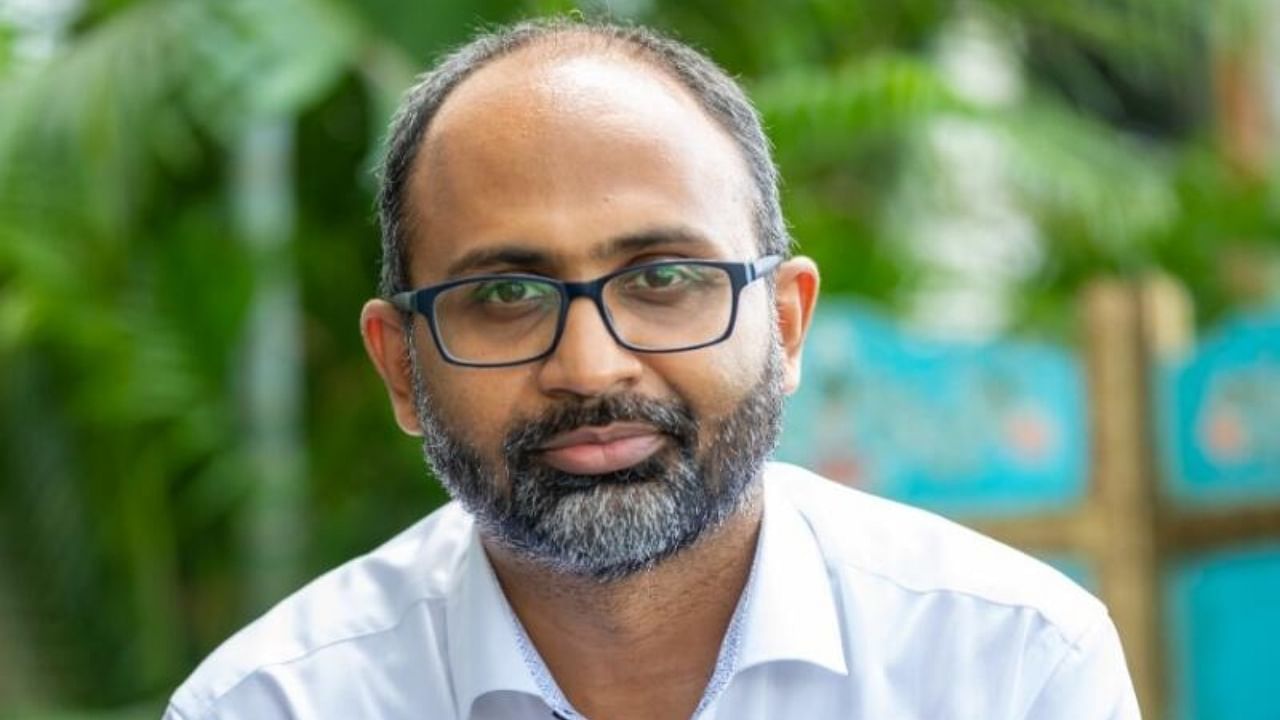
Paytm Money, the trading platform of the eponymous payments app, considers Karnataka as one of its most important markets and gets 18 per cent of its total volume from the state, said CEO Varun Sridhar in an interview with DH’s Anjali Jain. Sridhar said that Karnataka is expected to witness a three-fold growth for Paytm Money over the next two years. One month after introducing bond trading for retail investors on the platform, he further expanded on the company's plans for the state, his outlook for retail interest in India’s bond market and the perks of investing in sovereign bonds.
Edited excerpts.
What are the upsides of investing in a government bond?
For every Indian, the first capital market or first saving product they should have is a central government bond (g-secs). We believe that the market should have at least 100 million consumers who should have g-secs. And in terms of principle protection, a g-sec has the highest credit rating because of sovereign backing. So it is the safest, even more than a bank deposit. G-secs also give you a higher interest. In India, the bond market is bigger than the equity market but only institutions and ultra high net worth individuals (HNI) have access to it.
What are your early readings of retail consumer behavior for bond investments?
Over 85,000 people applied to be part of the waitlist to get early access for the product. Since the launch, we’ve had more than 1 lakh unique users accessing the application, and spending almost 10 minutes on the app.
Customers have purchased g-secs, corporate bonds and tax free bonds equally, and across tenures, ranging from a few days to 39 years, with investment amounts ranging from Rs. 100 to a few lakhs.
They have purchased govt bonds at a yield of about 7.2 per cent. Customers have also purchased corporate bonds from issuers like Tata Capital, IndiaBulls Housing Finance, PFC, with yields ranging from 8 per cent to 14 per cent.
How has PayTM Money been doing in terms of user acquisition?
In June, we should have opened in excess of 130,000 demat accounts, out of them I expect 40,000-45,000 to trade this month. In May, Paytm money’s active clients had grown 38 per cent year-over-year with 467,814 active clients. On an average 35-45 per cent of them do their first trade, which is market average. Everybody is more or less similar in activating their accounts, depending on market sentiment.
What have you observed from your business in Karnataka?
Currently, 14-16 per cent of our business comes from Karnataka and it is one of our top three states. Surprisingly, while Bangalore and Mysore are obviously the top two cities, Gulbarga has finished number three in Karnataka. We would have expected Mangalore. Karnataka in our minds can be in the top two driven by the growth of Bangalore and Mysore. I would be very happy to see a 3x growth in the state in the next 24 months. Normally, across India, only 10 per cent of women participate but in Karnataka roughly that number is 15-17 per cent.
What are some initiatives you will be taking to increase investors in Karnataka?
We will do our first bonds masterclass in Bangalore sometime in July. We will announce it next month. Because we believe that for products like bonds to get popular, we need to educate. Karnataka is a critical market for us. We believe that it's not just a Bangalore story. There's also a very large rural story that we see unfolding in the state. There's Mangalore, Gulbarga, there's many more smaller towns and villages where Paytm is now penetrated. We will try some local language experiments. Part of our journey now should be how do you take bonds in local languages? We tried before, but consumers were not easily lured because the whole market is in English. Local language consumption was very low, English was very high. I think if we have to penetrate Karnataka more, we should try it again.
How much weightage should bonds be given in a portfolio? Which category of bonds are most preferable?
For HNIs 30-50 per cent of portfolio is in fixed income products, because preservation of capital as an agenda is a very important step. Retail is actually very less in fixed income and has mostly very risky products. We say that anywhere from 20-50 per cent of your portfolio should be in some sort of a fixed income instrument, depending on your risk appetite. And if your risk appetite is very conservative, then it should be 100 per cent.
I would always say there is nothing safer in India than g-secs. The second is tax free bonds. And third, if you have the energy and understand credit risk, you understand the company’s credit ratings, you want a bit more return and you're knowledgeable, then I would say go towards corporate bonds.